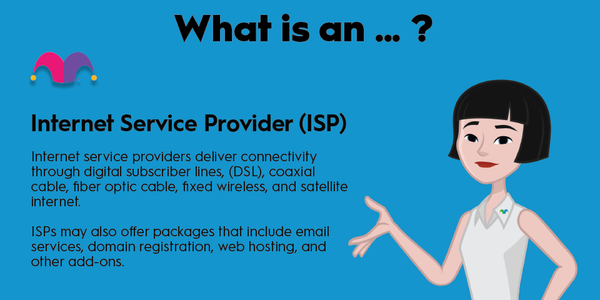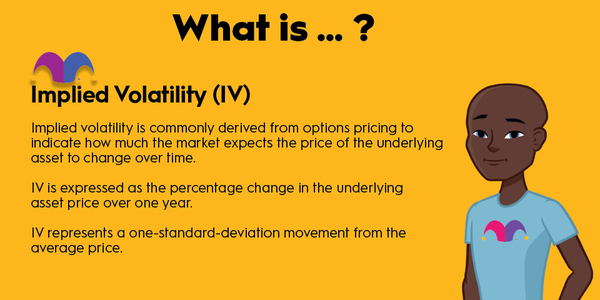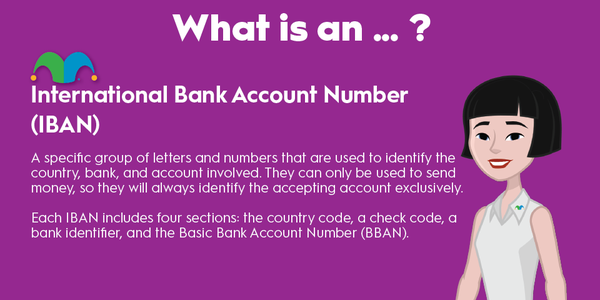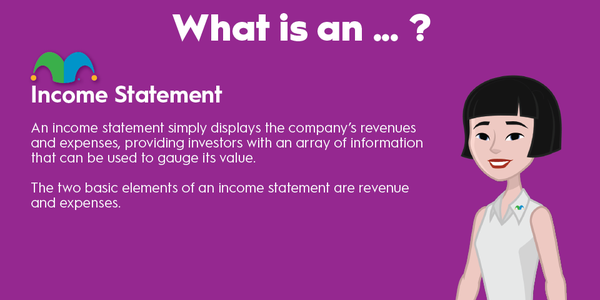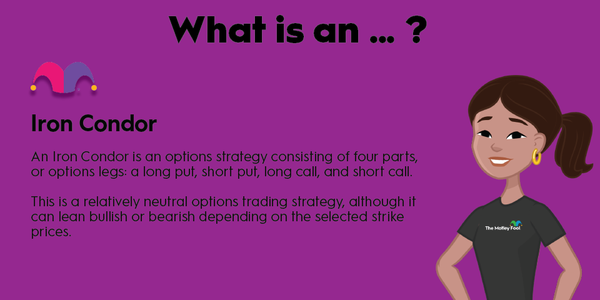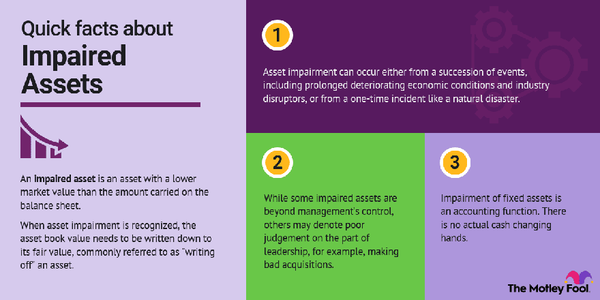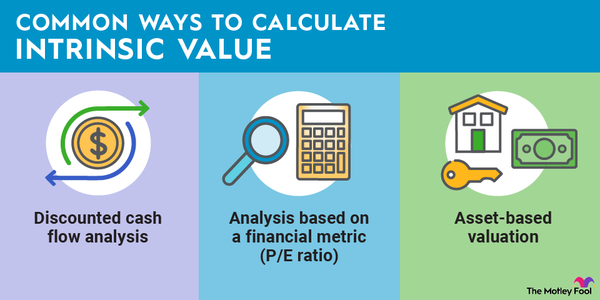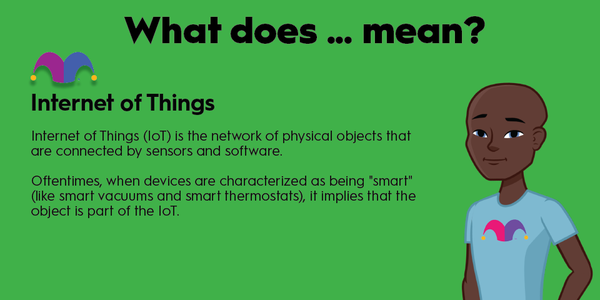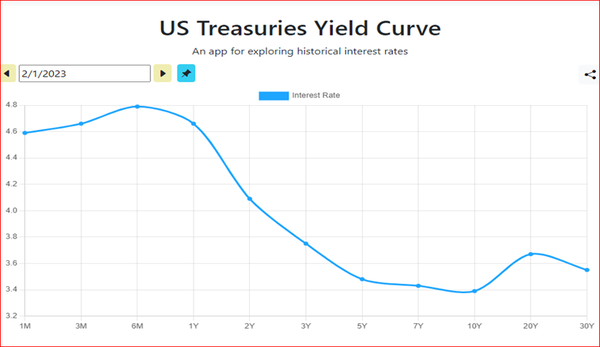If you've ever been an employer, or if you have varied work experience, you're probably aware that there are different categories of employment.
An employee is the most common type of employment status, but there are also millions of Americans working as independent contractors.
What is an independent contractor?
What is an independent contractor?
An independent contractor is a term given to self-employed workers who perform a service for a business, employer, or another payer on a contractual basis.
The status of the independent contractor is different from that of an employee, as are the expectations, standards, and rules around taxes and benefits, such as employer-sponsored retirement plans.

What rules apply to an independent contractor?
What rules apply to an independent contractor?
There are a number of important differences between an independent contractor and an employee.
Independent contractors are officially self-employed even though they may perform most or all of their work for the same employer or payer.
Independent tradespeople such as doctors, lawyers, or plumbers often work as independent contractors.
The most important distinction with an independent contractor is that the payer only has the right to control or direct the result of the work rather than how it will be done or what will be done. That includes what equipment will be used, for example.
There can often be gray areas in determining who is an employee and who is an independent contractor. Other ways of determining if the worker is an independent contractor include if the worker receives compensation based on the project rather than time and has control over the time and place where the work is done.
One of the reasons the distinction between an independent contractor and an employee is sometimes controversial is that independent contractors have to pay both sides of payroll taxes for Social Security and Medicare.
If you're an employee, the employer pays half of those expenses, so it benefits the employer to use independent contractors instead of employees. However, employers often prefer to use independent contractors so they can avoid paying taxes.
What are the advantages of being an independent contractor?
What are the advantages of being an independent contractor?
While there are some drawbacks to being an independent contractor vs. an employee, there are also a number of advantages.
One of the top ones is that independent contractors have flexibility around their schedules and locations. These kinds of jobs may require logging into a computer and performing some other kind of service that can be done according to the contractor's terms.
Being an independent contractor also allows a worker to work for multiple employers, potentially earning a higher rate than they would as an employee.
An independent contractor also has more autonomy than an employee since they can control their time and aren't beholden to employers in the same way.
Some disadvantages of being an independent contractor are that you don't get any benefits, including vacation time or health insurance, and your tax rate is also higher. The only benefit to working is your pay and your ability to often set your own schedule.
Another risk is that if the employer issues layoffs, there's a good chance that independent contractors are going to be the first to lose work.
Related investing topics
What is an example of an independent contractor?
What is an example of an independent contractor?
Independent contractors are commonly used in the gig economy.
For example, legions of drivers for Uber (UBER -3.55%) are independent contractors, although this relationship has at times been a legal issue.
Uber relies on independent contractors for ride-sharing and food delivery, and they generally fit the rules of independent contractors. For example, Uber drivers provide their own vehicles, and they also choose the time when they work as they're free to log on and start driving when they wish. They can also drive for rival companies as well like Lyft (LYFT -2.51%) and DoorDash (DASH -3.23%).
The relationship is controversial at times, and some Uber drivers say they don't make enough to make the job worthwhile after covering expenses. However, it would be almost impossible for Uber to make its drivers employees, so the independent contractor status is likely to stick.
